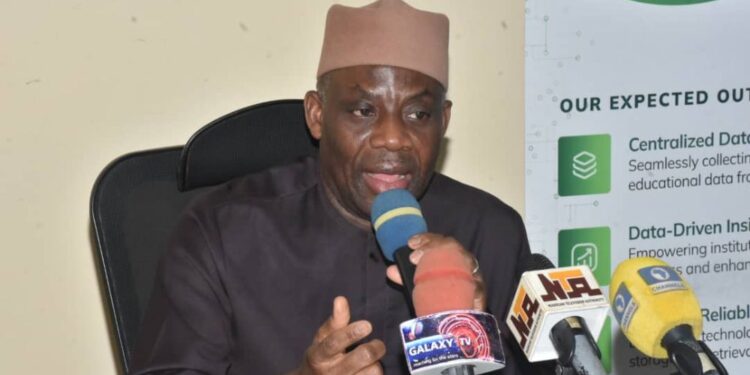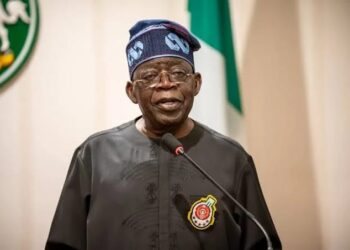The Federal Government has introduced a new Teacher Ethics and Criminal Record Verification Framework, which mandates that all teachers in both public and private schools undergo ethics screening and criminal background checks before employment.
Minister of Education, Dr. Tunji Alausa, announced the policy on Monday in Abuja during the launch of the Teachers’ Registration Council of Nigeria (TRCN) digital portal and its new strategic vision for the teaching profession.
According to the minister, the reform is designed to restore dignity, accountability, and professionalism in Nigeria’s education system.
> “No teacher, whether in public or private schools, will henceforth be employed without undergoing ethics screening and criminal background checks. Private school owners must also verify their teachers’ TRCN registration and ethical clearance,” Alausa said.
He explained that the framework has been integrated into the TRCN digital portal, which provides real-time registration, licensing, and monitoring of teachers. The system will enable school owners, government agencies, and stakeholders to confirm teachers’ credentials and compliance with ethical standards—helping to curb cases of forgery, impersonation, and the recruitment of unqualified staff.
The minister stressed that the policy would safeguard classroom integrity by ensuring only individuals of sound moral character and ethical conduct are entrusted with educating Nigerian children.
Speaking earlier, TRCN Registrar, Dr. Ronke Soyombo, revealed that about 30% of Nigerian children remain unable to read and write. She said the new portal would help tackle this challenge by improving teacher quality, with features such as AI-powered lesson planning, criminal record checks, and teachers’ investigation panels in every state.
Also present, Ian Attfield, Senior Education Adviser at the British High Commission, reaffirmed the UK government’s support for Nigeria’s education reforms. He noted that the Commission partnered with TRCN in developing the portal and expressed optimism that the initiative would boost teacher motivation and raise education standards.
Attfield described Nigeria’s education system as “complex,” with diverse categories of teachers including those in faith-based and low-cost private schools. He stressed the need for a system that balances accountability with incentives to improve teaching quality.
He assured that the UK government would continue to support Nigeria’s drive toward a more cohesive and effective education system, describing the reform as “herculean but achievable.”



















































































 EduTimes Africa, a product of Education Times Africa, is a magazine publication that aims to lend its support to close the yawning gap in Africa's educational development.
EduTimes Africa, a product of Education Times Africa, is a magazine publication that aims to lend its support to close the yawning gap in Africa's educational development.